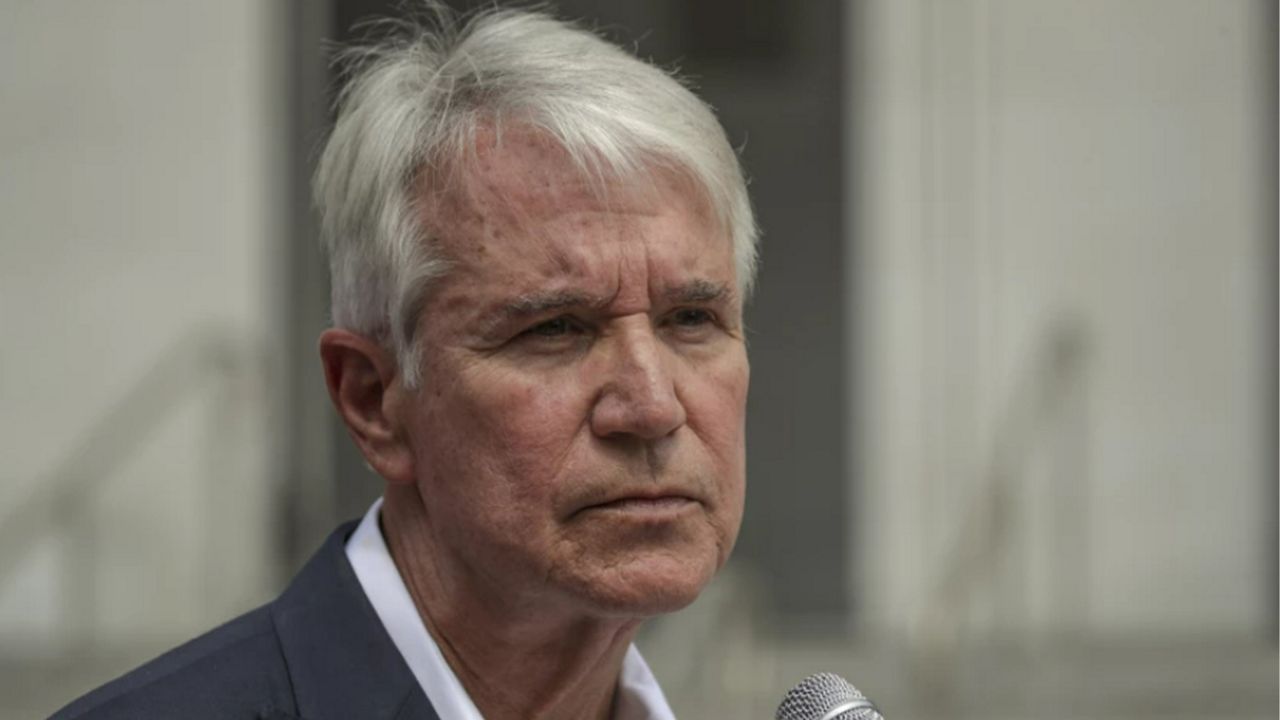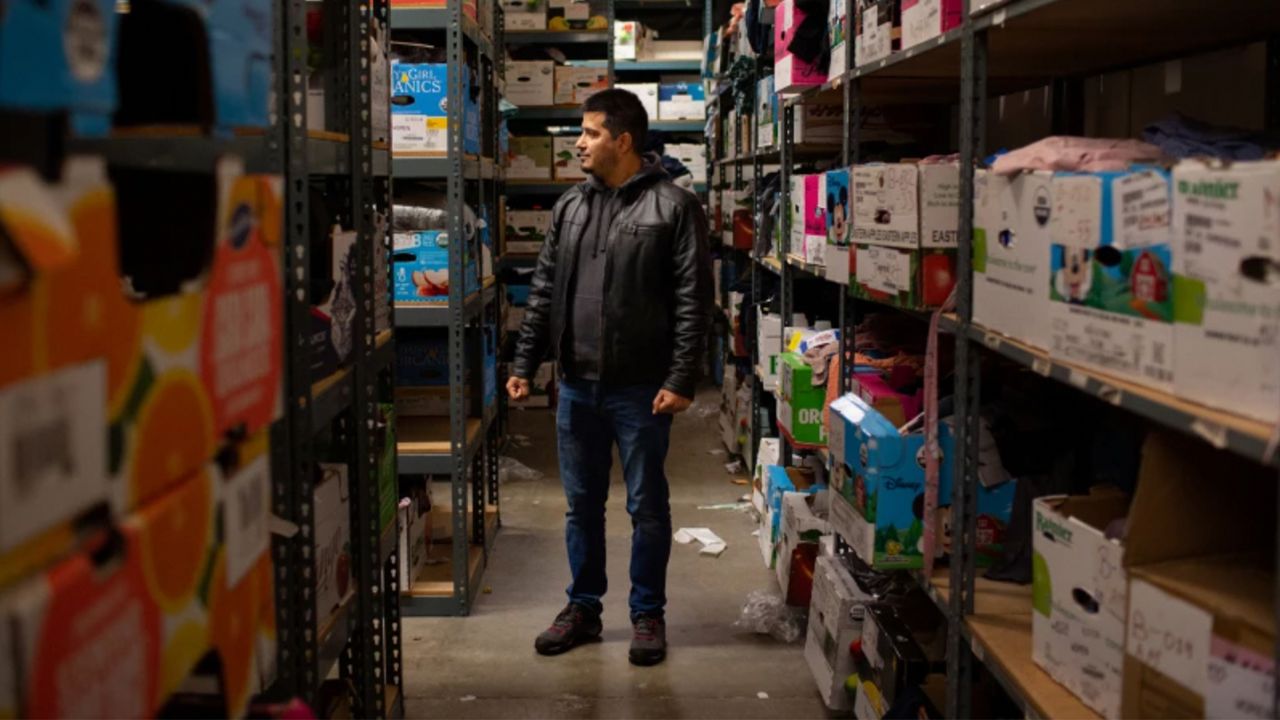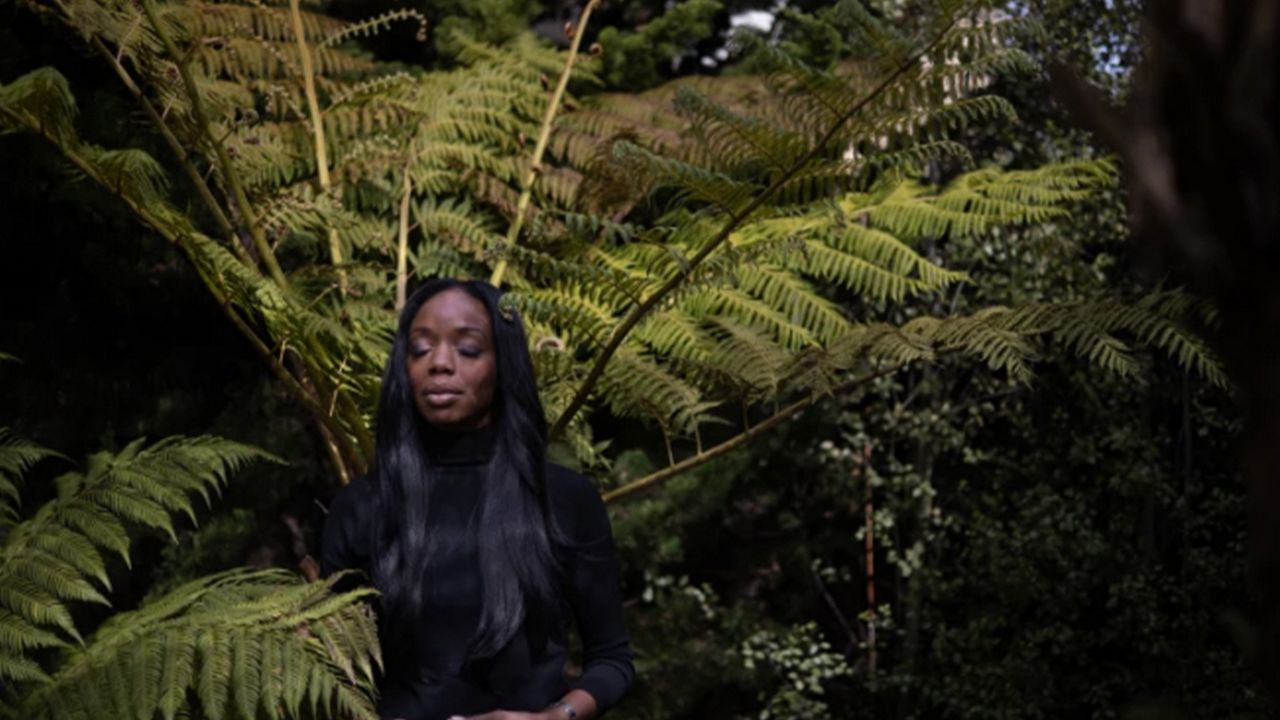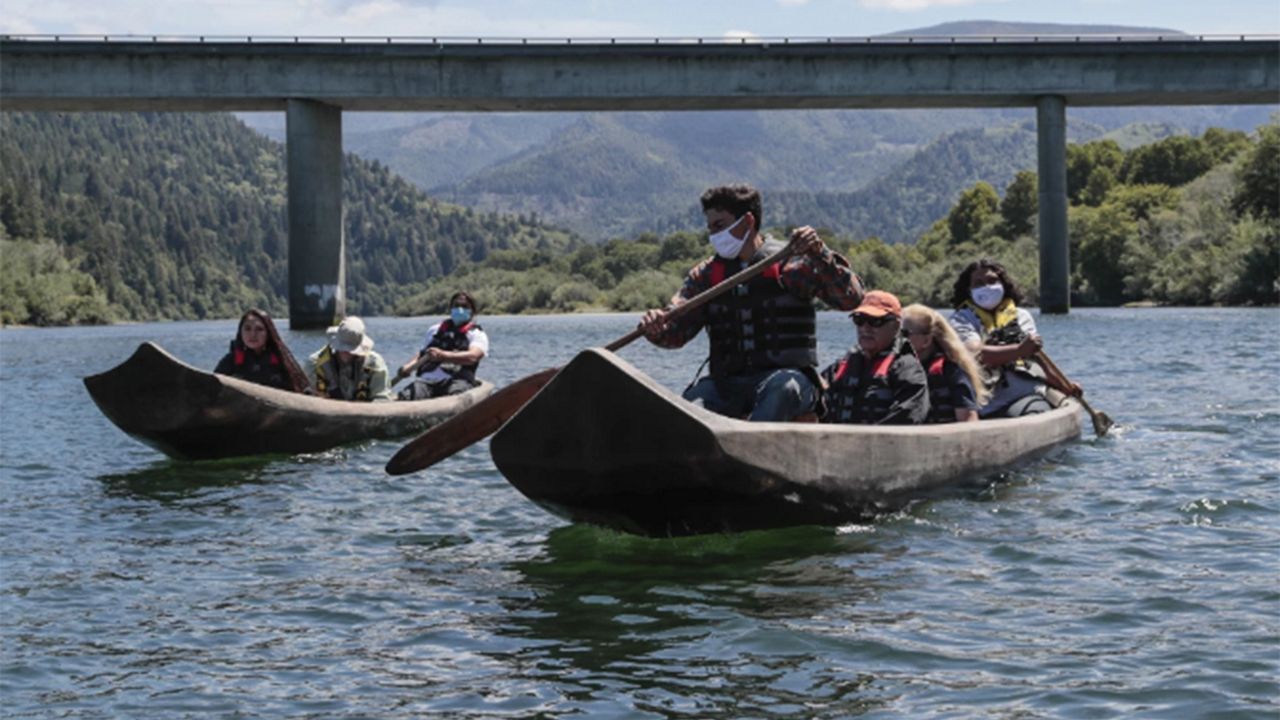This month marks the centennial of the Tulsa race massacre, one of the worst acts of racial violence in the history of the U.S.
Hundreds of Black residents of Greenwood, Oklahoma, were terrorized and murdered by white mobs who set fire to and destroyed homes and businesses in this once prosperous African American community.
In an interview for "LA Times Today," Nate Calloway — a direct descendant of one of the massacre victims — joined host Lisa McRee with more.
Calloway says his great-great-grandfather J.B. Stradford was one of the early inhabitants of Greenwood, Oklahoma.
"He went there early on," said Calloway. "I believe it was 1905. And he was there up until the massacre happened. During that time, he had made quite a bit of money. He owned the largest Black-owned hotel and the most luxurious hotel in America. But all of that was tragically taken from him 100 years ago."
The Tulsa race massacre began after a Black shoeshiner named Dick Rowland was accused of assaulting a white elevator operator named Sarah Page.
"Rowland was arrested and was put in jail," Calloway said. "A newspaper ran an inflammatory article saying that Dick Rowland had assaulted a white elevator operator and that the white community should do something about it. I think the headline said, 'Nab Negro for assaulting a white girl.' So a mob formed at the courthouse, and Black residents went to the courthouse to try to stop the mob from lynching Dick Rowland, a shot went off, and the massacre began after that."
Black residents put up a big fight, but Calloway says they were outnumbered.
"The police chief of Greenwood deputized many white people from Tulsa and gave them permission to go to Greenwood and burn, loot and kill. So my great-great-grandfather defended his hotel the best he could, but an airplane came along and shot up his hotel. At that point, he realized he could no longer keep up the fight. The National Guard came and promised my great-great-grandfather that his hotel would be protected. They removed him from the hotel and put him in an internment camp. When he was removed from the hotel, the mob came in, looted it, and burned it. My great-great-grandfather was in the internment camp and overheard somebody say that they would lynch him that night. So, he found someone to get him out of the internment camp and to get out of the camp, a Black citizen had to be sponsored by a white citizen. So he escaped and spent the rest of his life in Chicago as a fugitive."
Even though Calloway's family was robbed of their generational wealth, he says they weren't robbed of their legacy.
"My great-great-grandfather handed down a really positive legacy, and because of that, we have been able to thrive," said Calloway. "I am not saying that is the case with everybody. My great-great-grandfather was at a certain point in his life where he could live out his life in comfort. He made sure his kids received an education, and that legacy was handed down; the legacy of education, achieving and resilience. If he had been younger, perhaps in his 20s, and if he did not have a law degree, he might have been killed, or he would have died in prison. And, a lot of people were killed. A lot of people lost their generational wealth, but they lost their positive legacy as well."
In 1919, Black World War I veterans came back to the U.S. feeling hopeful, but they faced racial attacks by white men in what became known as Red Summer.
"Racism in the United States tends to ebb and flow," added Calloway. "And it is usually flowing on the heels of when we make strides in civil rights or when white supremacy feels like it is being threatened. And, the Red Summer of 1919 is the perfect example of that. Black veterans came home from the war. They felt as if they were going to get their rightful place at the table, and that was a threat to white supremacy, and it caused so much havoc throughout the country."
President Biden recently visited Tulsa to commemorate the 100th anniversary of the Tulsa race massacre, and he is the first American president to acknowledge that massacre.
"It meant a lot, and it was very symbolic," Calloway said. "But hopefully, it translates into real tangible change; otherwise, it is just platitude. But, I can speak for my family, and that meant a lot to us. It is a step in the right direction."
Click the arrow above to watch the segment.
Watch "L.A. Times Today" at 7 and 10 p.m. Monday through Friday on Spectrum News 1 and the Spectrum News app.











